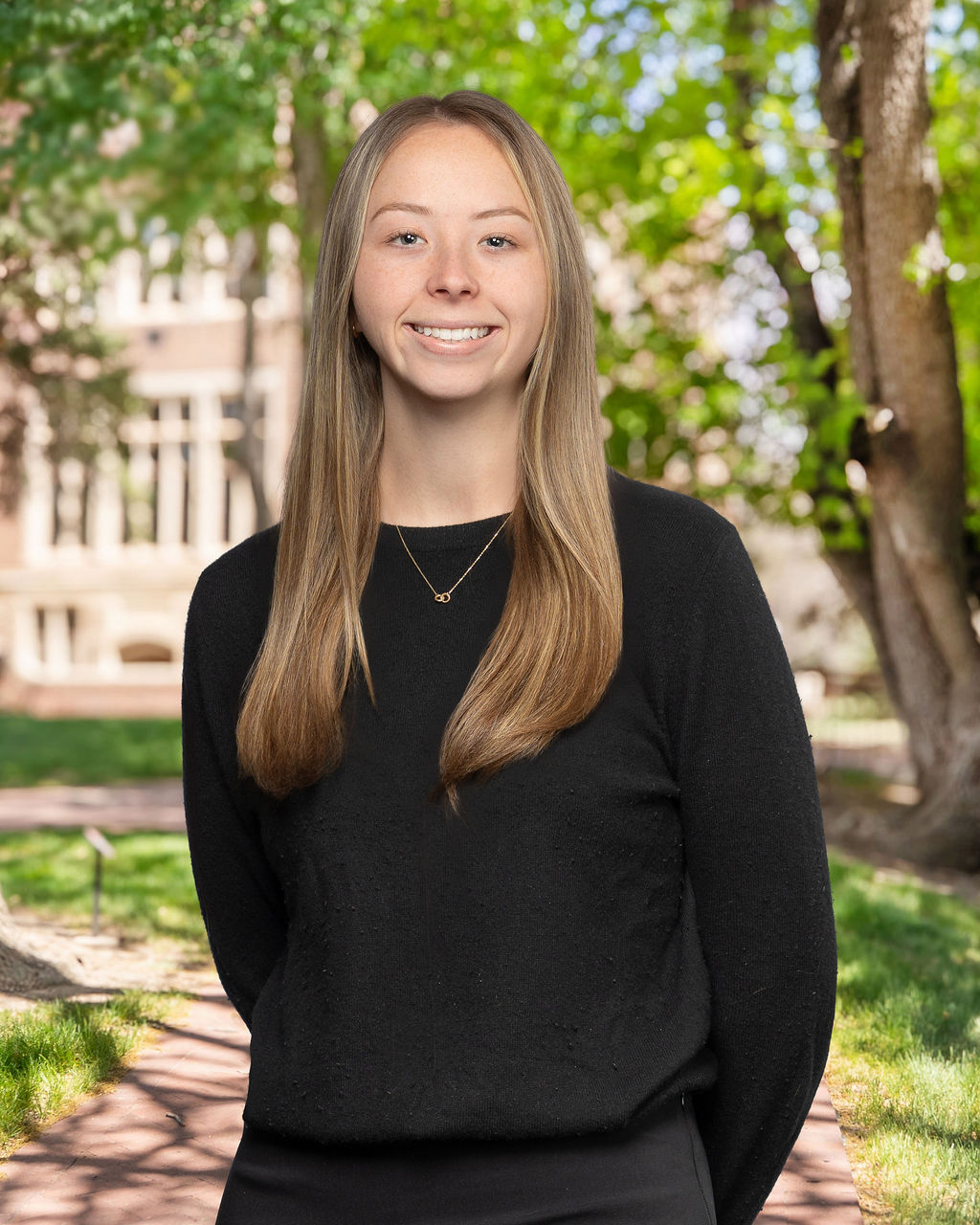There's still time to apply! Accepting applications for Fall 2026 with scholarship support available. Apply now!
Menu
Menu
There's still time to apply! Accepting applications for Fall 2026 with scholarship support available. Apply now!
Drive global change through a program that aligns with your passions.
Whether you’re committed to tackling inequalities, safeguarding the environment, or resolving conflicts, our most flexible and self-directed curriculum empowers you to make a significant impact.
Explore a wide array of topics ranging from quantitative methods and environmental protection to policy making and global health. As you delve deeper, you’ll combine a broad understanding of international relations with specialized courses, tailoring your studies to your unique interests and ambitions.
Shape tomorrow from a vibrant academic community full of opportunities — in one of the most beautiful places in the world.
Career Outcomes
Flexible Curriculum
Experiential Learning
Denver Lifestyle
93% of Korbel graduates are employed, continuing their education, or volunteering/engaging in service within 12 months of graduation.
Korbel Graduate Employment Data
You’ll find them working in governments, international organizations, NGOs, and the private sector. They take on diverse roles as policy analysts, international business consultants, global health professionals, intelligence analysts, human rights advocates, and more.
Arrive with a plan, or let your curiosity guide you. Our flexible programs give you the freedom to explore new fields, change directions as your interests evolve, or hone in on a specialized track.
Start with 16 credits of required coursework, designed to ground you in your discipline.
Core courses
Skills courses
Use your remaining 32 credits to customize your specialization, pursue a certificate, or take courses abroad based on your interests and goals.
Certificates
Download our degree information sheet below for a comprehensive look at the full program requirements.
Hands-on experience is essential to your success. You’ll find an abundance of opportunities to develop your professional skills and explore career paths.
Build experience across city, state, and national government agencies, international organizations, global NGOs, and the private sector. With guidance from our career coaches, you’ll land positions that align with your skills and interests.
Join one of our simulations for a taste of on-the-ground realities in an interactive environment. From negotiating international conflicts to managing humanitarian crises, these engaging scenarios are a highlight for Korbel students.
Korbel students have the opportunity to study in vibrant cities like Rio de Janeiro, Geneva, Vienna, and Washington, D.C. These experiences offer rich firsthand experience and insights, all at no additional tuition cost.
At Korbel, research directly contributes to real-world impact. Many students engage in applied research at our Pardee Institute for International Futures, serving clients like the US government, the United Nations, and the Africa Union.
Balance your graduate work with an active outdoor lifestyle in the Mile-High City. Take advantage of a vibrant art, music, and food scene — while enjoying Colorado’s 300 days of sunshine each year.
ADP, 2024
WalletHub, December 2024
Rolling Stone, April 2023
WalletHub, April 2024

Lahra Ahearn
Graduate Enrollment Manager
Use this form to reach out to me directly! You can also find me at any one of our admissions events or on the road.
Loading...
Copyright ©2026 University of Denver | All rights reserved | The University of Denver is an equal opportunity institution